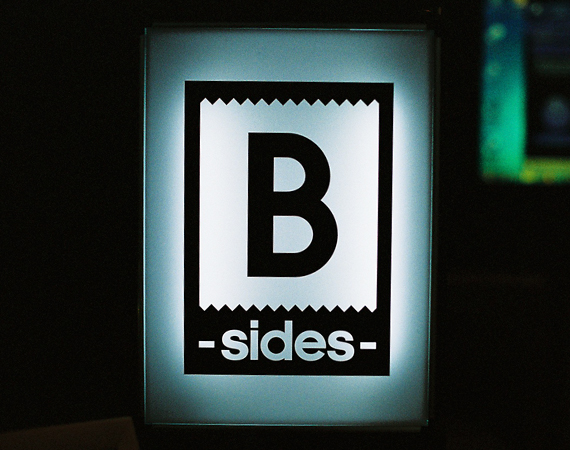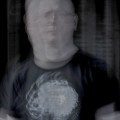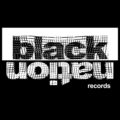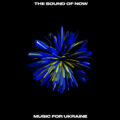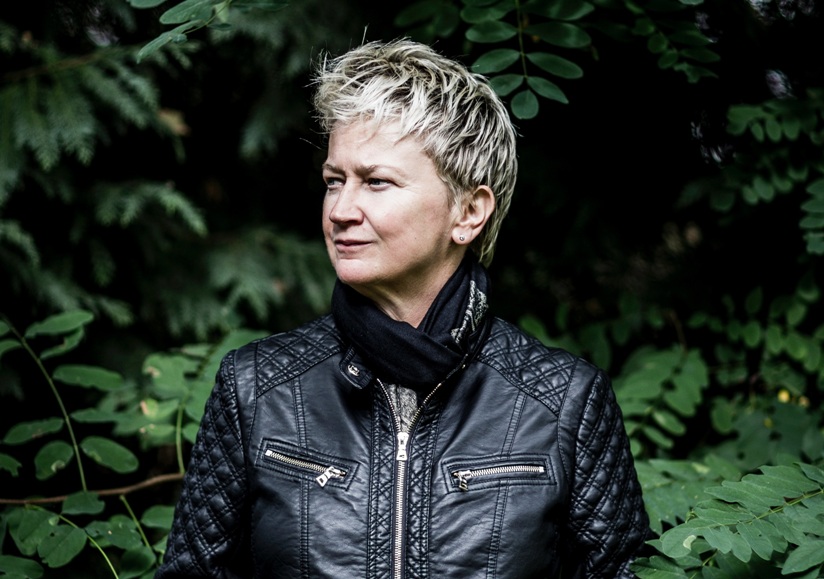
A glimpse into the world of punk poet meets electronic music trail blazer – Anne Clark
For more than 4 decades, Anne Clark has held an unrivalled place in contemporary electronic music.
A poet with the most punk of origins, who has pioneered of the use of spoken word to electronic soundtracks since breaking through in the early 1980s. She has enjoyed a remarkable creative career to date, having recorded 12 albums alongside notable singles and collaborations with the likes of David Harrow, Vini Reilly, John Foxx and Martyn Bates.
Following in the trail of the bright yet shortly lived explosion of 70’s Punk culture, she found her voice among the angst ridden fervor and openly experimental New Wave scene that emerged shortly after. An uncontested champion of spoken word, she has never sung a note – always placing her words to music in a gloomy, prophetic fashion that conjures an atmosphere that has been aptly dubbed “Weltschmerz”. Many of her lyrics deal critically with the imperfections of humanity, everyday life and politics, which has won her many friends and fans across the board of techno-pop.
Born in South London in 1960 to an Irish mother and a Scottish father, she left school at sixteen having really “fit in” with the constraints of the education system. It in no way restricted her voracious appetite for learning, music, reading and the need to be involved with the world around her. Before becoming a musician, she worked multiple jobs including a care assistant role in a psychiatric hospital. It was however her job at Bonaparte Records, a local independent record store and label that opened her eyes and ears to the scene that was just about to explode into life in London. Along with so many people at the time, punk led the way to a whole new approach for dealing with music, arts and society itself.
Combining socially engaged texts with innovative music, she has covered every kind of style, while maintaining her own identity on every recording.
Whether it be the samples (before it was a concept) and electronically treated acoustics of The Sitting Room (1982), to the analogue synth classic of Sleeper In Metropolis (1983) or the iconic anthem of “Our Darkness” (1984). Clark has also explored the extremes of minimal jazz influences on Unstill Life (1991), to pastoral interpretations of Rainer Maria Rilke’s poetry on Just After Sunset (1997). Not to mention the full-on electronics and sparse acoustics in The Smallest Acts Of Kindness (2008). I
In what has been a fruitful career, she’s covered a wide range of sounds and styles without ever deviating from her astounding ability and meter. To celebrate her unique talent, here’s a selection of her earlier words and works we wanted to share:

